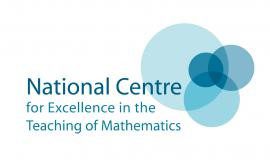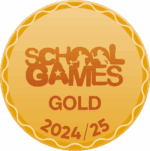The subject leader for Maths is Mrs Phelan.
 At the heart of everything we do, is a belief that all children can achieve and master mathematics. Mistakes and misconceptions are seen as an essential part of learning and fostering positive can-do attitudes promote the fact that, ‘We can all do maths!’
At the heart of everything we do, is a belief that all children can achieve and master mathematics. Mistakes and misconceptions are seen as an essential part of learning and fostering positive can-do attitudes promote the fact that, ‘We can all do maths!’
The teaching of Mathematics is built upon the National Curriculum. Our curriculum follows the five big ideas of teaching for mastery outlined by the National Centre for Excellence in the Teaching of Mathematics (NCETM). Big Ideas in Teaching for Mastery | NCETM
The National Curriculum is delivered using the NCETM’s Curriculum Maps for mixed age classes and is supplemented by the delivery of both the NCETM’s KS1 (focus on additive facts and relationships) and KS2 (focus on multiplicative facts and multiplicative thinking) Mastering Number programmes to support children’s factual fluency.
Children are encouraged to develop their fluency skills through a variety of whole class activities and games. We welcome the support that parents/carers are able to give in helping children to learn number facts, such as pairs of numbers which make ten, or times tables, which underpin many aspects of the maths curriculum.





